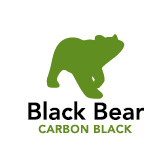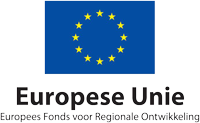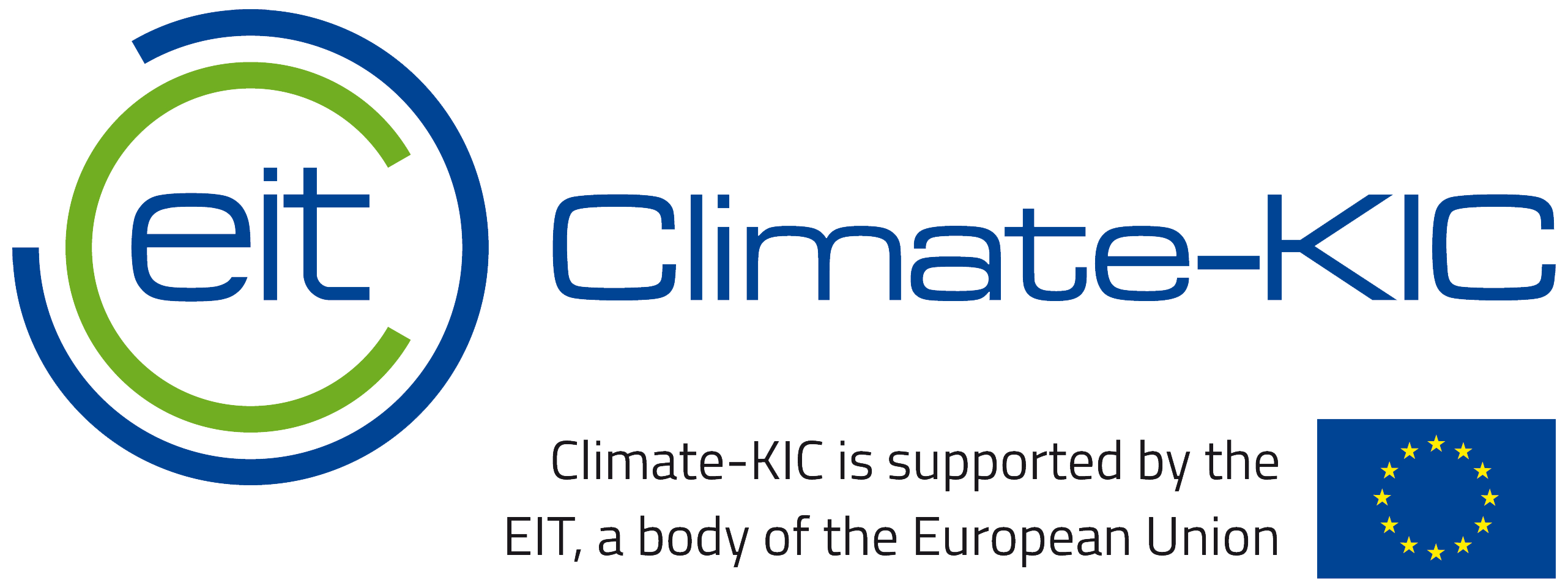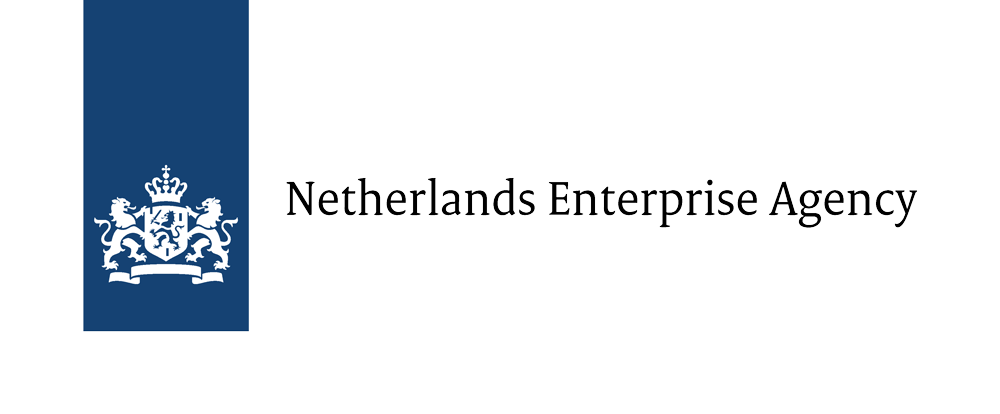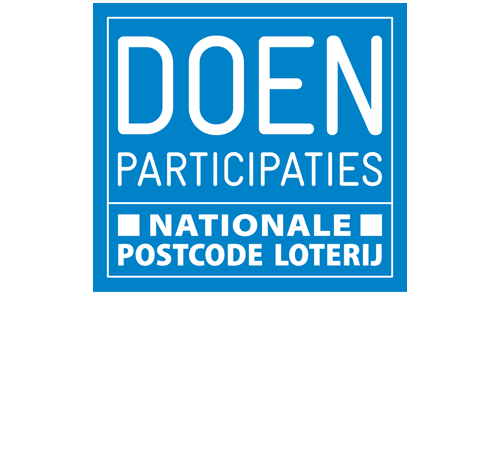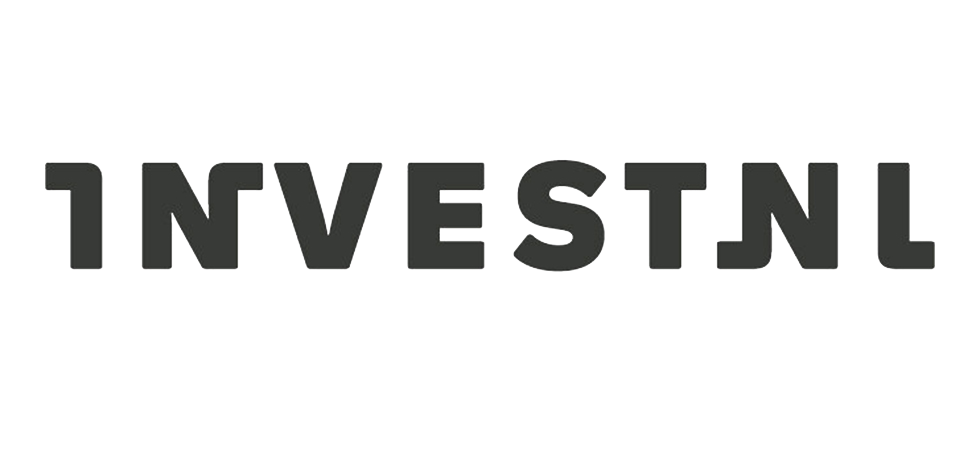WHAT BLACK BEAR BELIEVES
Why?
Black Bear believes in infrastructure for a cleaner world. We view the waste tyre problem and the threat of climate change as opportunities to make meaningful change.
How?
Based on our patented technology and know-how, we upcycle end-of-life-tyres into high quality, safe, easy to use and sustainable Carbon Black products as well as tyre pyrolytic oil and gas; herewith creating a circular business model.
What?
In order to achieve our long-term goal to upcycle as many waste tyres as possible, and thus reduce oil use and related CO2 emissions, we want to build plants across the world with our continuously improved technology, starting with our flagship commercial plant in Chemelot (Geleen, Netherlands).
OUR TEAM
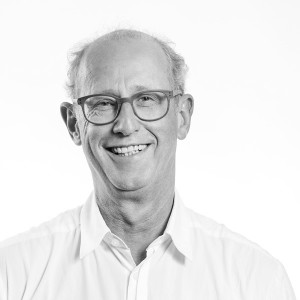
SALES AND R&D DIRECTOR
Ad van Oorschot
After finishing his chemical education (HBO) he started working as a R&D chemist and applications laboratory group leader. Later in his career he also finished an executive MBA in strategic marketing/general management. Getting in contact with customers and the market he decided to give his career a commercial twist and since then he has been working at the edge of sales, marketing and technical service, including a position at Cabot as technical service manager. In these positions he also gained a lot of international carbon black experience. He has been working for over 35 years in ink & coating related industries.
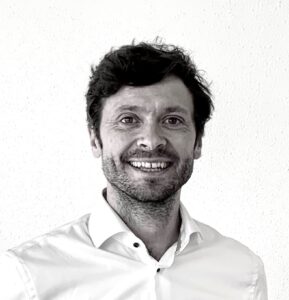
PROCESS ENGINEER
Dennis Kemperman
Dennis is holding master degrees in geochemistry and mineral engineering. Dennis started his career as management trainee at Van Gansewinkel (nowadays Renewi). After his traineeship he transferred to Nyrstar, a zinc smelter, and worked 10 years as technologist in the leaching, purification and wastewater treatment plant. Dennis joined Black Bear since March 2023 as senior process engineer wanting to contribute to the innovative and more sustainable process for treating end of life tires and challenges involved when going from paper to reality.
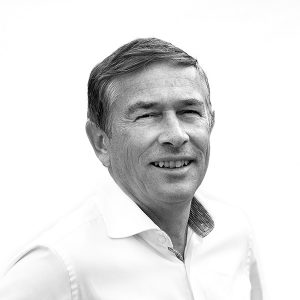
FINANCE
Geert Glimmerveen
Geert started his career at McKinsey & Co after which he worked for various companies in executive positions (DAF Trucks, Academic Hospital Utrecht, Eneco Energy Company, Egeria Private Equity) mainly in Finance, Strategy and Operations. Within his last position he was MD for Van Gansewinkel Netherlands. Within Black Bear he is responsible for finance, logistics and quality control.
ENGINEERING MANAGER
Hugo Liebrand
Hugo holds an MSc in Mechanical Engineering from the Eindhoven University of Technology. His thesis on oil-water separation formed the base of a startup at which he started his career. He spent the next ten years developing new technologies in water treatment and managing projects in the oil & gas industry. After spending 3 years in the USA, where he worked for a 3D-printer manufacturer, he returned to the Netherlands where he joined Black Bear Carbon in 2019. Within Black Bear, Hugo is responsible for the engineering projects.
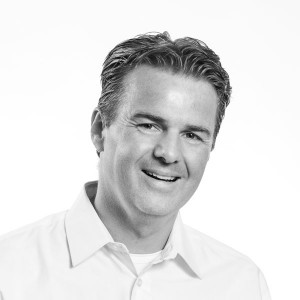
PROCESS ENGINEER
Ide Engelsma
Ide has a MSc in Chemical Engineering at the University of Technology in Enschede. Before starting at Black Bear Carbon, Ide worked at several industry-leading service providers as an R&D engineer, project engineer, and project manager. During these positions he worked on developing waste to energy and waste to oil projects, from which his enthusiasm for Black Bear originated. The foundation for safety practices and proper engineering structures was set when Ide started a small engineering department at the Shell refinery in the Rotterdam area where he worked for 4 years as an engineering manager.
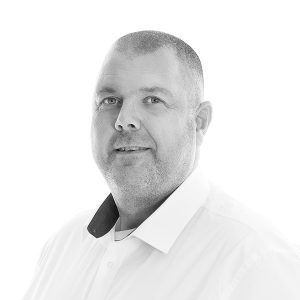
WORK PLANNER & CAD ENGINEERING
Marc Tabak
Marc has been involved in Black Bear since June 2016 and performs CAD works for all projects. As an all-round Mechanical engineer Marc has over 25 years of experience realizing international projects in the Environmental Industry. Additionally to CAD works, he supports the engineering projects as work planner, to smoothen logistics, supply and execution performance. His passion for mountains leads him as often as possible to the Alps. Riding bicycles or getting to a summit are always great and beautiful challenges.

OFFICE SUPPORT
Maria van der Sanden
Maria is part of the Black Bear family since 2017. Before joining Black Bear she worked in similar roles for a municipality, a bank and technical companies. At present, she is a devoted support for our team on administrative matters, in which her accuracy, patience and eagerness to deliver high quality work are of major importance. Also she is taking care of logistic matters regarding the carbon black samples of our clients. In her spare time she loves gardening and reading books in Dutch, Spanish or English.

MAINTENANCE ENGINEER
Michiel Vromans
Michiel holds a BSc degree in Mechanical Engineering from the Eindhoven University of Technology and a MSc degree in Sustainable Energy from the Danish University of Technology, in which he focused on thermal energy systems. He has worked as production engineer at high-tech manufacturer ASML and as project engineer at district heating company Ennatuurlijk. In Black Bear he is part of the engineering team and responsible for operations and maintenance. He joined Black Bear in 2019 to be part of a sustainable company with high impact potential and to join an inspiring, entrepreneurial team.

COMMERCIAL DIRECTOR
Richard Dikkers
Richard has a master degree in Business Administration and started his career at Oiltanking where he spent thirteen years holding various managerial positions in Finance, Sales and Business Development. Richard spent over five years working and living abroad, in Hamburg, Jakarta and Singapore. Prior to starting at Black Bear, Richard was holding the role of Director New Business & Market Intelligence. Richard joined BBC in May 2022 as Commercial Director.
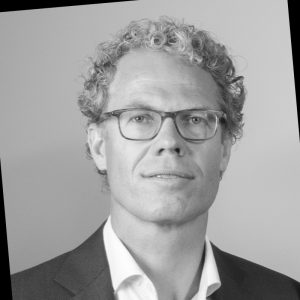
CEO
Victor Vreeken
Victor Vreeken (48) is holding master degrees in Mechanical Engineering, Chemical Engineering and Business Administration (MBA). Before joining Black Bear, Vreeken spent over 8 years at Avantium, active in the emerging industry of renewable and sustainable chemistry. Most recently he was Chief Operations Officer for Renewable Polymers business within Avantium. Vreeken joined Black Bear Carbon in January 2020 in the position of Chief Technology Officer. In August 2021 he transitioned into the role of CEO.
OUR SUPERVISORY BOARD
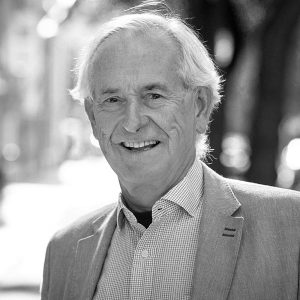
CHAIRMAN
Koos Breen (Chair)
Koos was educated as an engineer at TU Delft and carries a bachelor’s degree from Erasmus school of economics. He worked 24 years for Philips in Consumer Electronics , mainly in Asia. In 1997, he followed the Executive Program at Wharton. In 1998 Koos joined the management of van Leeuwen Buizen where he became CEO in 2000. In 2007 he moved to the firm’s BoD. Later on, he expanded his impact by becoming part of the board at Ahrend, Koninklijke Smilde, Teijin Aramid, and Black Bear.

MEMBER
Rob van der Meij
Rob is a chemical engineer from TU Delft and has worked both in the corporate, strategy consulting and start-up world of chemicals, process and water technology. Rob has held management positions at Akzo and Shell. He was also founder and CEO of KiOR. Rob completed the New Board Program at Neyenrode Business University. At this moment Rob is Senior Investment Manager at Capricorn, one of Black Bear’s investors.
OUR TECHNOLOGY
Steel Removal
Carbonisation
De-agglomeration
Pelletising
Drying
Finished Product
OUR PARTNERS
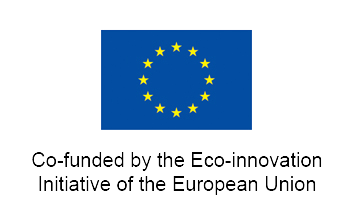

FAQs
General
What does Black Bear do?
Black Bear brings the circular economy to tyres. We enable the production of valuable raw materials (Carbon Black) from end-of-life tyres for re-use in tyres, technical rubber products, plastics, paint and ink. We provide technology, product development and marketing and sales expertise of our Carbon Black products. While we are primarily focussed on the production of high quality Carbon Black, the process also yields two other important products – tyre pyrolytic oil (TPO) and tyre pyrolytic gas (TPG). TPO can be used as a fuel, chemical feedstock or as carbon black feedstock oil and provides as such an additional income stream to our business model. The TPG is a high calorific gas which can be converted to heat, electricity or steam and can be used in our own production proces. We partner with tyre collectors and offer our high quality products as raw materials to the Industry.
What is Carbon Black and how is it traditionally produced?
Carbon Black is a form of elemental carbon that is manufactured by the controlled vapour-phase pyrolysis and partial combustion of hydrocarbons. Occurring as a fine black powder, Carbon Black is used to provide structure and durability in tyres and jet-black coloration in inks, plastics and rubber. Several processes have been used to produce Carbon Black, including the oil-furnace, impingement (channel), lampblack, thermal (decomposition of natural gas) and acetylene (decomposition) processes — in addition to Black Bear’s proven carbonization pyrolysis method. Carbon Blacks are commonly referred to by the process or the source material from which they are made, e.g. furnace black, lamp black, thermal black, acetylene black and channel black. The different grades from the various processes have certain unique characteristics, but it is now possible to produce reasonable approximations of most of these grades using the oil-furnace process, by which more than 95% of the total output of Carbon Black is produced.
How do you get resources to make Carbon Black?
The Black Bear process uses end-of-life tyres to produce carbon black. Each year over one and a half billion tyres are removed from vehicles, constituting around 17 million tons of solid waste. As tyres contain around 25% carbon black. This means that this waste-stream contains approximately 4.5 million tons of carbon black. Through the eyes of Black Bear, a mountain of tyres is like a mountain of gold! Therefore we took up the challenge of investigating how to extract the carbon black in a way that is both profitable and friendly to our environment – and perhaps most importantly from a commercial perspective in a way that restores the carbon black to a quality level at least as good as the original product. So Black Bear partners with established tyre collectors who can use the Black Bear technology to turn this vast waste stream into a valuable raw material. Before the tyres enter the Black Bear process, the steel will be removed and recycled, and the rubber will be converted into granulate.
What is different in your process of making Carbon Black
Traditional furnace or ‘virgin’ carbon black is produced from fossil fuels, by partially burning crude oil under controlled conditions. Depending on the grade it takes between 1.8 and 2.5 litres of fossil fuels to produce 1 kg of carbon black. The standard way of producing carbon black is very polluting. Furnace carbon black manufacturers emit around 38 million tons of CO₂ per year. The ±9 million tons of carbon black used by the tyre industry every year creates an additional environmental issue because after use these tyres are in some parts of the world still being burned or landfilled, polluting the environment and wasting the carbon black. In contrast, the Black Bear process uses end-of-life tyres as feedstock to produce consistent, high quality carbon blacks. This circular economy approach not only massively reduces CO₂ emissions but also helps solve an important waste management problem.
Carbon Black (product)
Can your Carbon Black achieve the same quality standards as regular Carbon Black
Yes, with Black Bear’s technology it has become possible to recover high quality carbon blacks that are equal (and in some cases better) than virgin carbon blacks in terms of technical performance. Please see our product pages under ‘Carbon Black users’ for more details or contact us directly!
Does your Carbon Black have a lower Polycyclic aromatic hydrocarbon (PAH) content?
Yes, our process effectively ‘cleans’ furnace carbon blacks to a PAH content of <5ppm. This means our products are extremely clean and very suitable for food- and human contact applications. We are proud to produce the world’s first ‘green and clean’ carbon blacks!
How can I proceed if I am interested in testing your Carbon Black?
You can contact us directly via sales@blackbearcarbon.com. Our team is happy to assist you further.
Can you guarantee a regular supply?
Yes, Black Bear’s commercial flagship plan in Chemelot will be producing a stable annual output of 12,000 ton/year rCB, allowing us to continuously serve customers across market segments. Considering over 1.5B tyres come to the end of their life every year, and we will process more than 3M of these with our plant, there is no shortage of supply in the near future! Also, Black Bear is in well progressed conversations with potential partners across the world to add additional production capacity.
What are the benefits of purchasing greener Carbon Black?
Using a more sustainable, ‘greener’ carbon black highly improves the environmental footprint of your products, as well as lowering the PAH content – making it better suitable for food- and human contact applications. Currently, carbon blacks are created by burning oil and/or gas which obviously is a highly polluting process that puts great pressure on the environment and our natural resources. Typically, replacing virgin carbon black with green carbon black from Black Bear saves 5-7 ton CO2 for each ton of substituted material.
Also, with Black Bear’s technology, it has become possible to recover high quality carbon blacks that are equal (and in some cases better) than virgin carbon blacks in terms of technical performance.
How is Black Bear’s recovered Carbon Black different from traditional Carbon Black?
Due to its nature rCB’s are no 1:1 on weight replacements for ASTM carbon black.
Up to 10 different grades of carbon black are used in one single tyre therefore rCB’s are a blend and have therefore a wide primary and aggregate size distribution.
Tyres contain other inorganics such as amorphous silica, ZincOxide, Calcium carbonate which are co-extracted with the carbon black and are exposed to high temperatures. Therefore they have high ash and lower surface chemistry and polarity.
Technology Roll Out
Are you planning on rolling out to every country of the world?
Yes, waste tyres and the associated environmental problems are in every country of the world. We are very excited to resolve this problem with our Circular Economy approach. We prefer to work with local partners and governments in order to maximize our positive environmental impact.
I am not a tyre recycler, can I become a Black Bear partner?
Absolutely. We are looking for partners that can provide us with feedstock (end-of-life) tyres, locations, permits and financing. In many cases we also partner with local governments. The best way to get in touch with us is to go to our form and we will get back to you as soon as possible.
How much time does it takes to install a manufacturing plant?
On average the construction of a Black Bear plant takes around 18-24 months assuming timely access to permits and long lead items from vendors. Black Bear and its contracted engineers can arrange all of the required engineering aspects with detailed consideration into all site-specific conditions and requirements. We will work closely with the tire collector/investor(s) and provide all information required to the authorities, for example, for permitting, to expedite the process.
